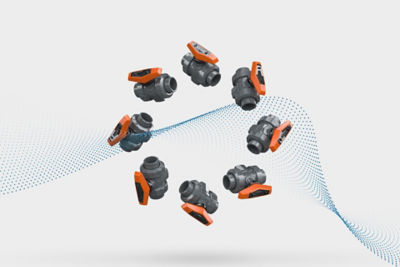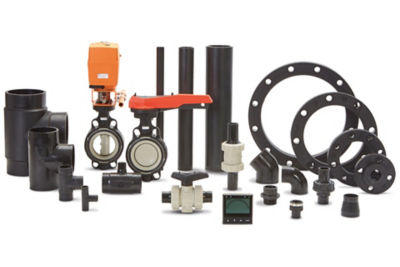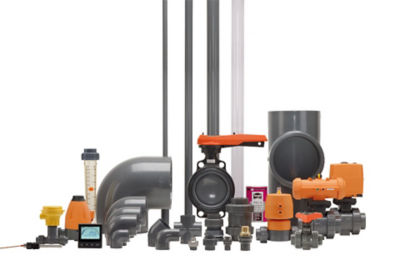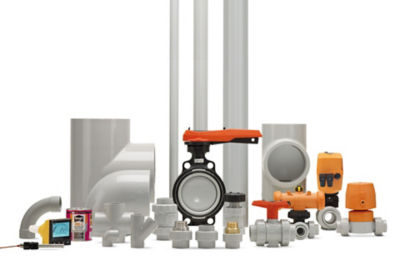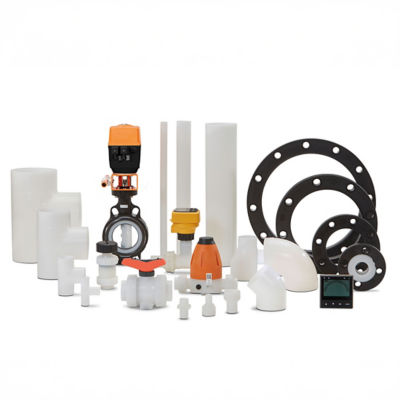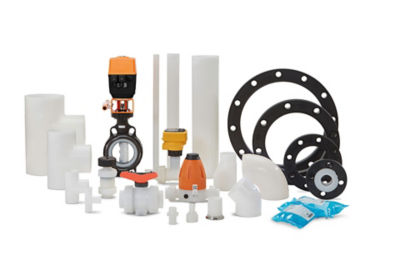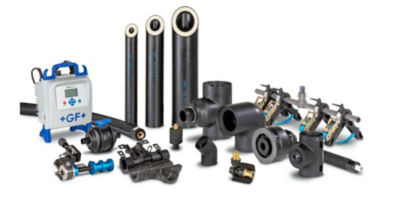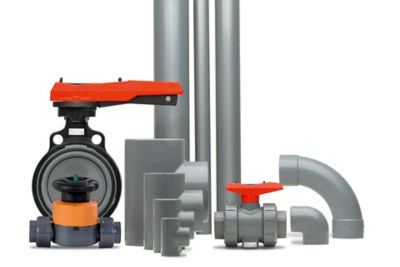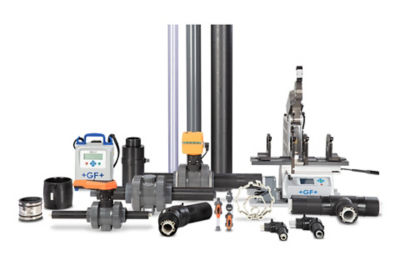Common challenges for desalination plants include corrosion, scaling, and maintenance issues with traditional metal piping systems. Plastic piping systems offer solutions by being corrosion-resistant, reducing scaling due to smoother internal surfaces, and requiring minimal maintenance. They also provide flexibility in installation and expansion, are lightweight for easier handling, and have longer lifespans. Additionally, plastic piping systems can enhance operational efficiency by minimizing pressure drops and ensuring consistent water flow rates, which is critical for maintaining optimal performance in desalination processes. Overall, their durability and low-maintenance properties contribute significantly to overcoming desalination plants' challenges.





